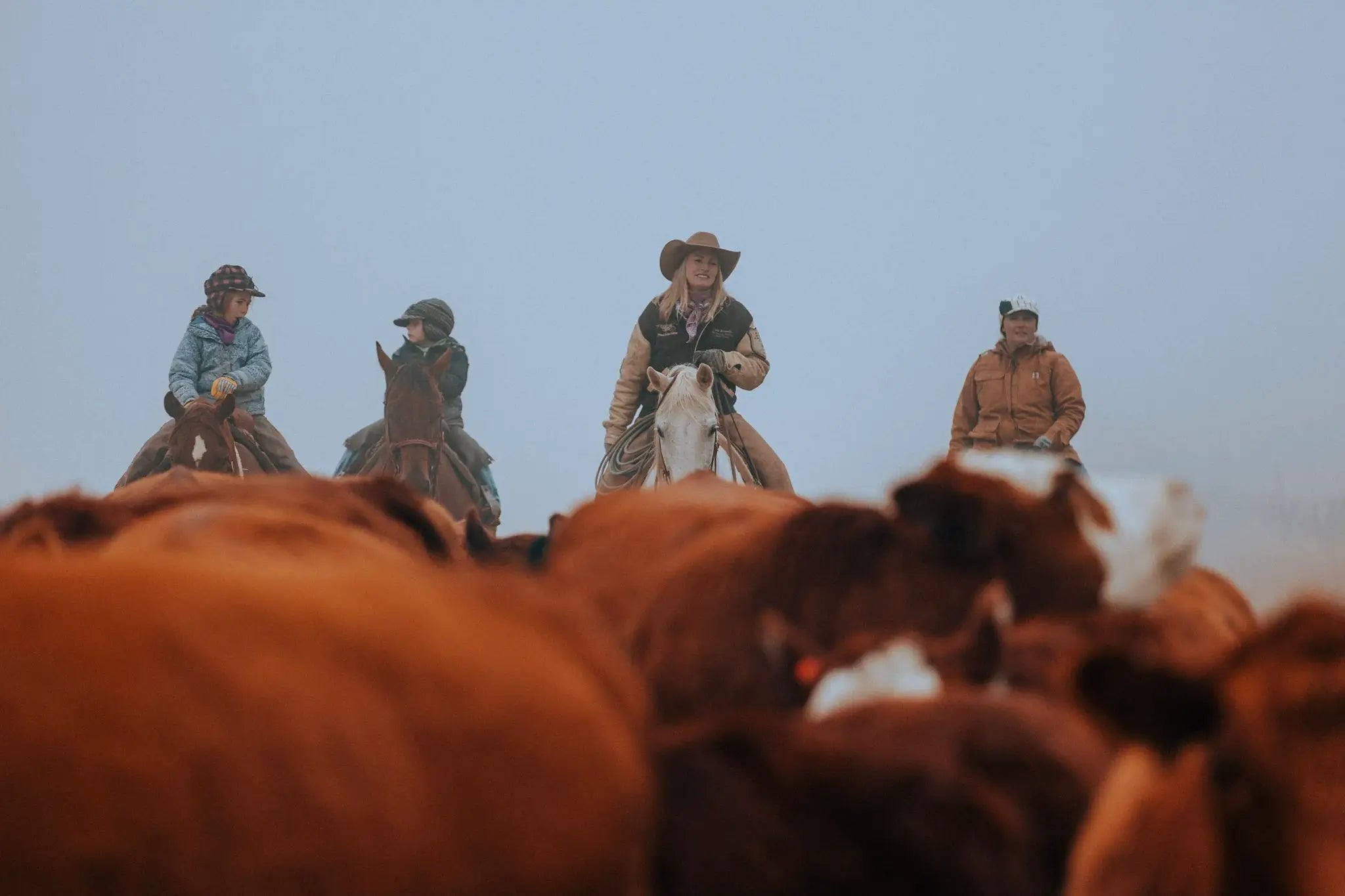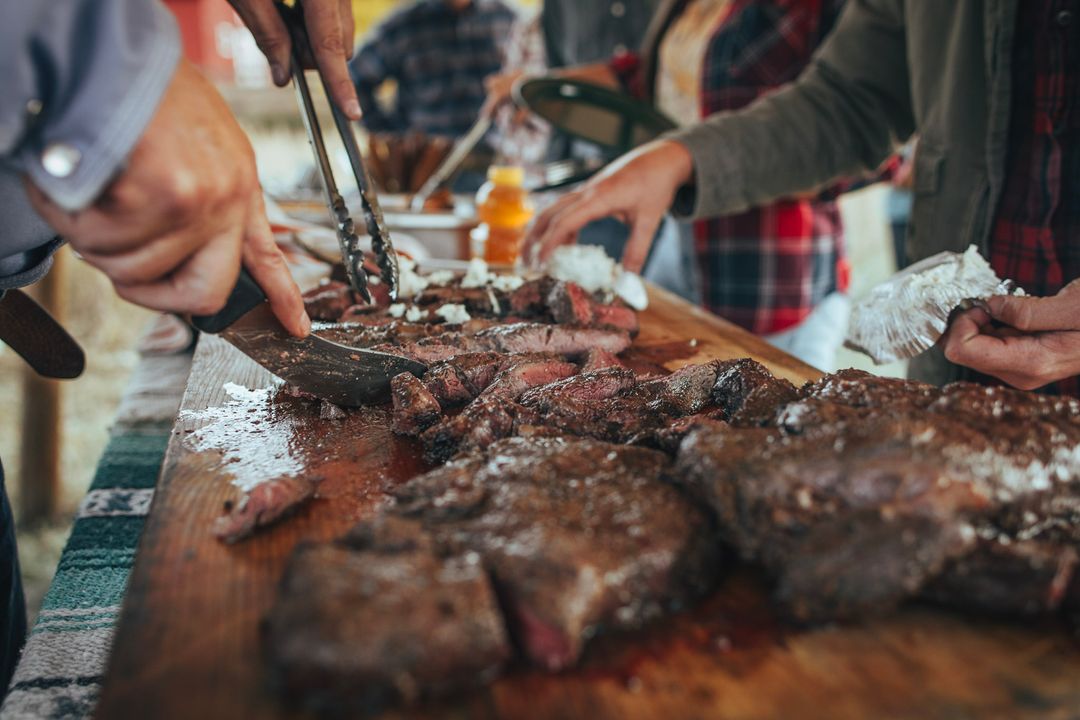Article: Ranching in the Modern Era: Navigating Challenges

Ranching in the Modern Era: Navigating Challenges
“Every year since 1980, an average of almost 17,000 cattle ranchers have gone out of business.” — The Washington Post.
Let that sink in a little. Giant corporations such as JBS, Tyson Foods, Cargill Meat Solutions, and National Beef Packing hold a whopping 85% of today’s market share! To put this into comparison, back in the mid 70’s, they only held 25%. Giant corporations continually pressure feedlots to lower prices, forcing feedlots to pressure individual ranchers to lower their prices.

Let me explain this better. Ranchers generally raise their cattle from the time they are born until they are sent to a feedlot. Generally, this can happen before backgrounding (feeding and growing cattle after they have been weaned). What is weaning? It is when a calf graduates from feeding off its mother to eating solid feed. Ranchers will separate the mothers from the calves to help with this process. Feedlots then purchase the cattle for a determined price and continue feeding what we call finished feed. This feed helps add weight to the cattle to sell to the processing facility (slaughterhouse). Processing plants then process the cattle and package the beef for wholesale or retail sale.
Now that we have more context into the terminology let's get back to how this process has affected ranchers. Many ranchers operate throughout the year on loans to help cover their operating costs, such as fuel, feed, land leases, etc. When the price they receive for their cattle from the feedlots continues declining, they no longer have the funds to repay their loans. This causes ranchers to default on their loans, forcing them to sell their ranches. This major reason is why family owned/operated ranches struggle to keep their head above water.
Development and the subdividing and purchasing of land has also placed a tight squeeze on ranchers throughout the nation. As the new fad of ranching has hit the big screen thanks to the popularity of Paramount’s series Yellowstone, many have flocked to open spaces in hopes of purchasing their own little Yellowstone. Real estate brokers have cashed in by purchasing land and then subdividing it to form as many ranchettes (small ranches) as possible. Unfortunately, for cattle ranchers, it is nearly impossible to find extra land for their cattle to graze on through leases. Leases allow cattle ranchers to move their cattle on grassland, providing the cattle with essential nutrients in their diet. Without this, ranchers become gridlocked on how many cattle they can have and how well they can feed their herds.
What are your thoughts? Do we have a crisis on our hands? Is it time to sound the alarms and run for the hills? Or is the corporate beef industry the future, ready to help failing family ranches?

